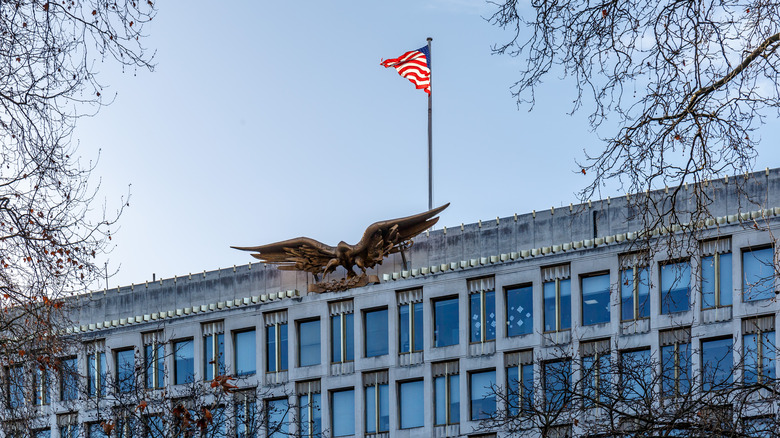Enroll in the STEP program
While a global travel advisory is rare (there’s only been 23, reports Skift), it doesn’t mean you should forgo your travel plans altogether; it just means you should take a few extra precautions. For example, the government suggests that travelers follow the U.S. Department of State on Facebook and Twitter for the latest updates. During disasters, phone lines can become overwhelmed, leaving social media as a primary form of communication.
Officials also suggest that tourists enroll in the Smart Traveler Enrollment Program (STEP). With this free service, you can enter in your itinerary details and stay connected to the closest embassy or consulate while you’re abroad. In the event of an emergency, such as civil unrest or a disaster, you’ll receive alerts and guidance to help you stay safe and, if needed, coordinate an evacuation. As part of the enrollment process, you’ll also fill in your emergency contact information, so the consulate can notify your loved ones about how to reach you.
Scan the resources before you go

Insta_photos/Getty Images
In addition to travel advisories, the U.S. Department of State has a library of safety information to support travelers who encounter any number of situations abroad, from crime to natural disasters. Before you depart for your trip, familiarize yourself with the entry and exit requirements, local laws, and customs of your intended destination. As well, write down the contact details for the closest U.S. embassy, which can be found in the directory by country. In an emergency, the embassy in Washington DC is available 24 hours a day, seven days a week by phone, says the government.
Officials also recommend that travelers look for overseas insurance providers, as American insurance may not cover medical care abroad. It’s also a good idea to know where the nearest hospitals or urgent care centers are, just in case. On that note, it never hurts to have a list of your emergency contacts ready and be familiar with the layout of your location, should you need to make a quick exit. A little travel prep beforehand can bring you peace of mind later, wherever your travels may take you.

